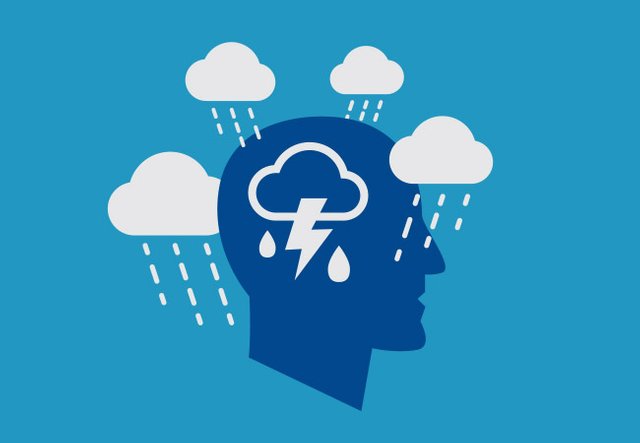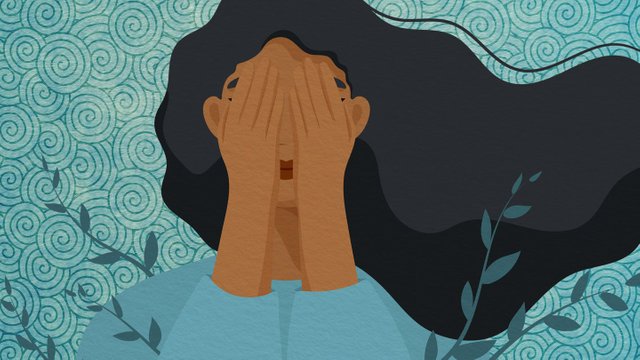Hopelessness is basically an attitude characterized by a lack of enthusiasm, optimism, and hope. A person who often feels hopeless can have no hope of success or future advancement. This can lead to depression and a sense of not knowing what to do. Sometimes it may seem hopeless and people turn pessimistic and hopeless for a variety of reasons.

Some people may feel hopeless because they have experienced losses. These can be because of something unexpected such as losing their job, getting married, or being injured. Others may feel hopeless because of things that have happened to them in the past. They may have experienced abuse, rejection, trauma, or other negative events in their lives and these may be the warning signs of hopelessness.
Other times, people may feel hopeless because of current events in their lives such as divorce, death of a loved one, a divorce, loss of a pet, job loss, financial problems, and many others. It's hard to see a positive future when you're not sure what the future will bring. You may also experience feelings of hopelessness when you don't see any positive changes happening in your life. You may even feel like you're trapped in your own negative emotions and thoughts.
Hopelessness is not a normal part of the grieving process. Instead of getting better, you may even regress back into your negative state. If you experience repeated episodes of feeling depressed, sad, hopeless, or inadequate, then there might be a problem. Your negative emotions are not going to get better unless you learn to face and change the learned helplessness.
The best way to get better if you're suffering from chronic hopelessness is to take baby steps. Begin to realize that although things aren't perfect, you do have some control over them and you can get better. Once you get better, you can take bigger steps towards your goal.
Symptoms of chronic hopelessness include extreme sadness or excessive crying, a persistent negative attitude, feeling worthless, and being alone. These negative feelings can lead to isolation. When you're isolated, it becomes more difficult for you to gain the support you need. You may feel hopeless and believe there's no hope for improvement. This depression is harmful because it can cause physical problems like stomach pain, headaches, weight problems, insomnia, and more.
Other symptoms of hopelessness include feelings of guilt, worthlessness, a negative outlook on life, changes in eating habits (such as dieting), and suicidal thoughts. Some depressed individuals may even feel like committing suicide because of their negative feelings. Although suicide is never the best option for anyone, many veterans turn to suicide after experiencing the trauma of post-traumatic stress disorder and depression. Veterans who feel like they can't be affected by society anymore are those most likely to commit suicide. This is why it's important to try to prevent suicidal thoughts and actions by identifying and treating depression, PTSD, and other mental health disorders.
Hopelessness and depression are two very serious conditions that should not be ignored. If you think you're suffering from these symptoms of depression and hopelessness, talk to a professional now. It can be easier than you think to get treatment. Treatments don't just "go away", so you have to identify the symptoms and work with your doctor or mental health professional in order to get better.
Hopelessness is when you don't have any hope for changing your circumstances or improving yourself. A person who is feeling hopeless won't do anything to change his or her circumstances. They will just live in their situation without trying to do anything about it, and this is often the first symptom of depression. If you are feeling hopeless and you don't do anything to change your circumstances, this can lead to feelings of worthlessness and excessive guilt, and these feelings will usually not go away no matter what you do.
When it comes to the other symptoms of depression and hopelessness, the ones related to cognitive therapy for depression, you should start seeing a mental health professional right away. Cognitive therapy for depression works by helping patients deal with their negative feelings and thoughts, and help them learn new ways of looking at things and thinking. Cognitive therapy is a very effective treatment, and if you are feeling hopeless, this should be a possibility for you. If not, you should see a mental health professional right away and ask for cognitive therapy.

Talking to your doctor about your feelings of hopelessness and your bipolar disorder should be the first step towards getting better. Your doctor can talk to you about treatment options that are available, and you can explore those options with him or her. Hopelessness can be a sign of something else, so you should never ignore it. Depression and hopelessness can be dangerous if left untreated or undiagnosed, and you should take care of yourself. Don't let your condition gets out of hand, and don't live with feelings of worthlessness.
Congratulations! Your post has been selected as a daily Steemit truffle! It is listed on rank 8 of all contributions awarded today. You can find the TOP DAILY TRUFFLE PICKS HERE.
I upvoted your contribution because to my mind your post is at least 23 SBD worth and should receive 35 votes. It's now up to the lovely Steemit community to make this come true.
I am
TrufflePig, an Artificial Intelligence Bot that helps minnows and content curators using Machine Learning. If you are curious how I select content, you can find an explanation here!Have a nice day and sincerely yours,

TrufflePigDownvoting a post can decrease pending rewards and make it less visible. Common reasons:
Submit